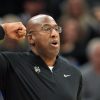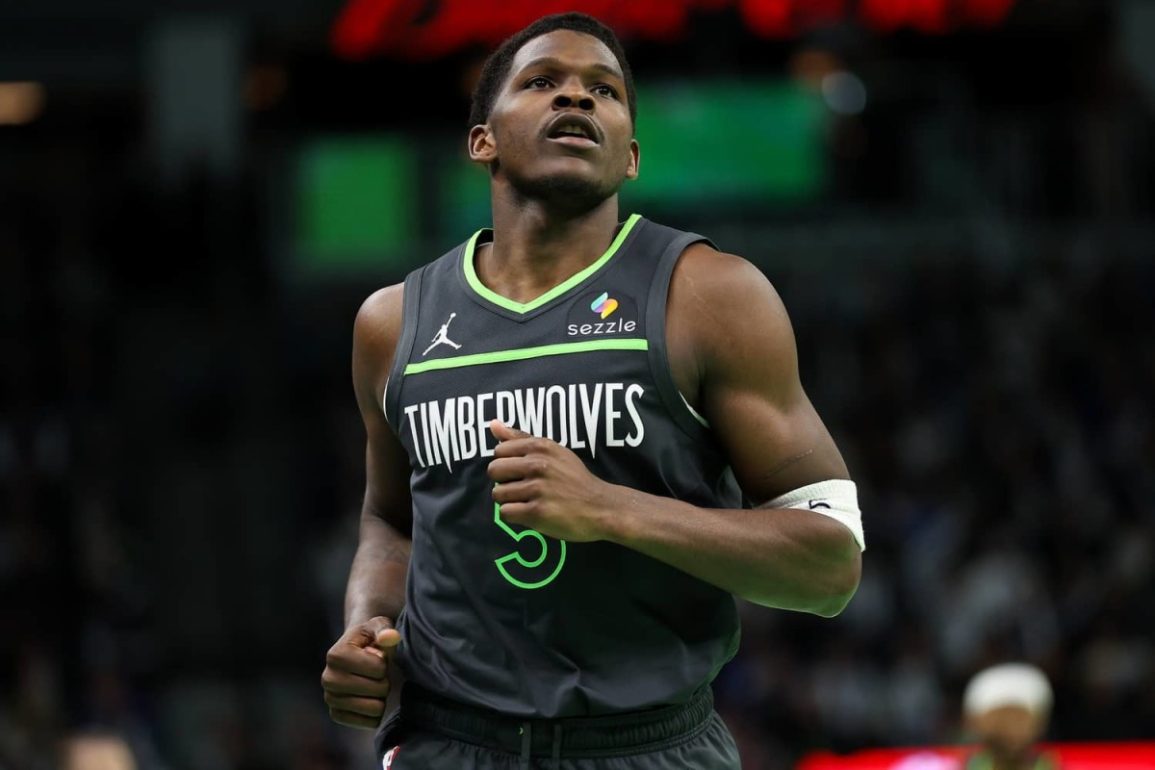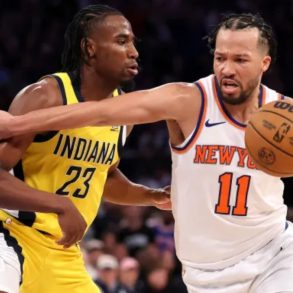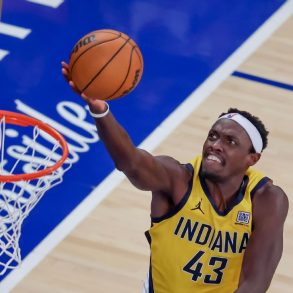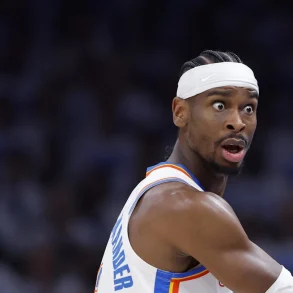The Minnesota Timberwolves came out flat in the first half of Game 3 against the Golden State Warriors. Despite Golden State missing their offensive star, Stephen Curry, the Wolves struggled to capitalize. Julius Randle was the lone bright spot early, scoring 13 points and helping keep the Wolves within reach. However, the rest of the team failed to offer much support, allowing the Warriors to take a narrow two-point lead into halftime.
Edwards Sparks Momentum Shift with Scoring Surge and Dunk, Energizing Wolves’ Comeback
The third quarter began much like the first half, with Minnesota trailing and looking disjointed. That changed when Anthony Edwards erupted midway through the quarter, scoring eight straight points to swing the momentum.
His aggressive drives and a spectacular dunk over Kevon Looney ignited both the team and the crowd. Edwards finished the third quarter with 15 points and gave the Wolves their first meaningful lead, signaling a major shift in the game’s energy.
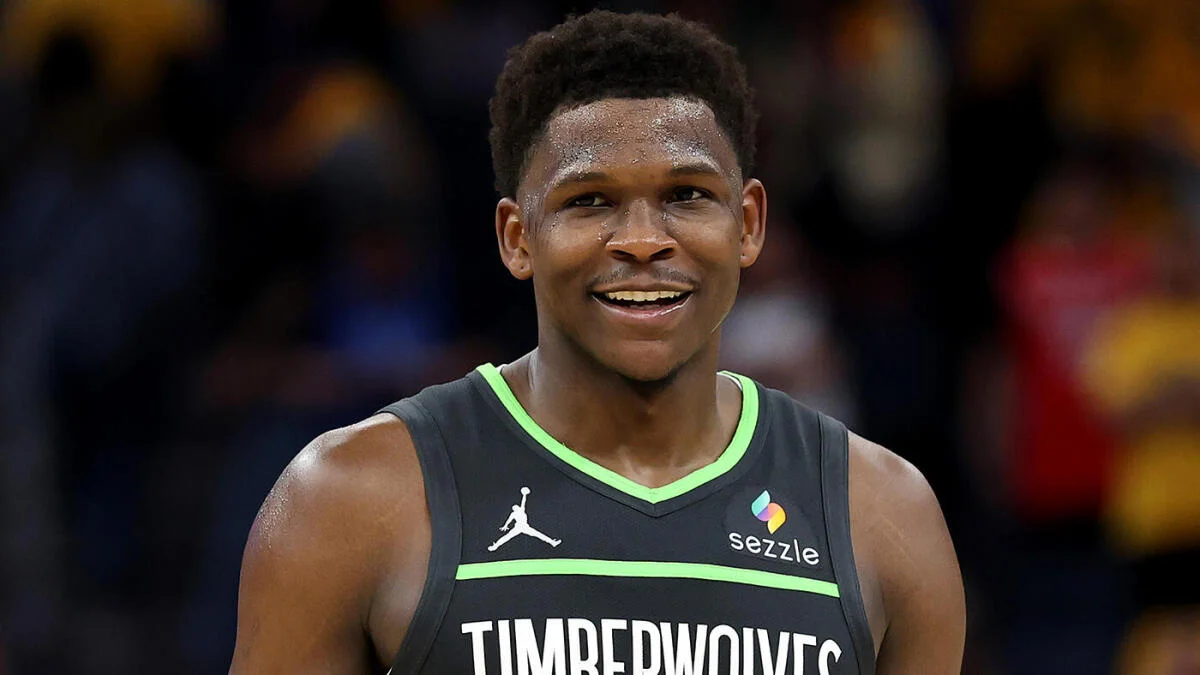
Head coach Chris Finch credited Edwards not only for his scoring but also for the emotional lift he gave the team. Finch noted how Edwards had been working on finishing stronger at the rim, and that effort showed as he attacked Golden State’s vulnerable interior defense. His highlight-reel dunk was more than a scoring play—it became a rallying moment that charged up the entire team, illustrating his leadership and growth.
Edwards Shines in Fourth Quarter, Displaying Scoring Versatility and Clutch Playmaking for Victory
In the final quarter, Edwards displayed the full range of his offensive game. Unlike the third, where he relied on physicality to get to the rim, he used off-ball movement, sharp cuts, and long-range shooting to maintain Minnesota’s edge. His shot selection became more challenging, yet he managed to knock down contested three-pointers and creative floaters, keeping the Warriors at bay and eventually sealing the victory for the Timberwolves.
Despite playing a shorthanded opponent, the Timberwolves leaned heavily on Edwards to pull out the win. While not the ideal situation for Minnesota, having a player who can take control of a game at will is a major asset.
Edwards’ ability to adapt—whether creating off the dribble or moving without the ball—demonstrated why he is becoming one of the most dangerous young stars in the league. His Game 3 performance proved vital in swinging the momentum of the series.
